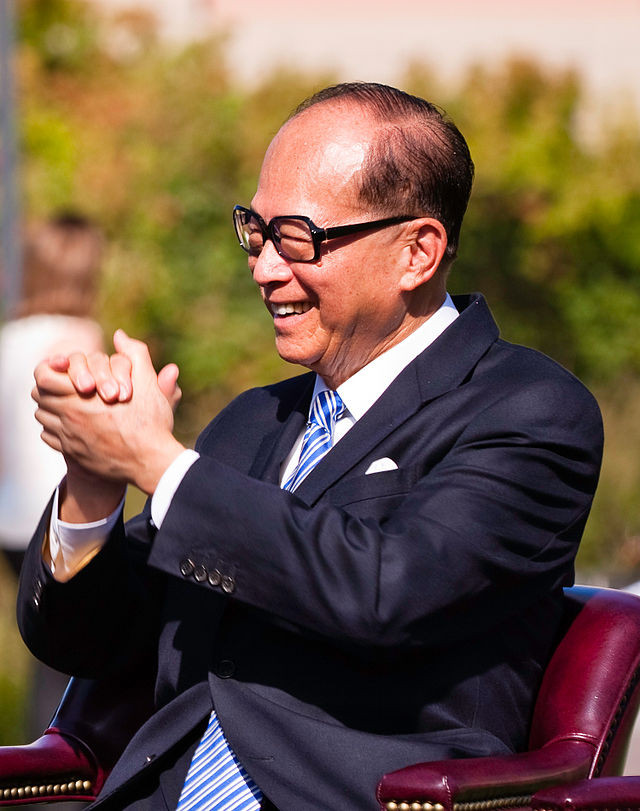China has launched a security review of a pending $22.8 billion deal involving Hong Kong-based conglomerate CK Hutchison's sale of key port assets near the Panama Canal to a consortium led by U.S. investment giant BlackRock. The transaction, hailed by President Donald Trump, is drawing sharp scrutiny from Beijing and threatens to further inflame tensions between Washington and China.
Bloomberg reported Tuesday that senior Chinese leadership directed multiple agencies to examine the deal for potential security risks and antitrust violations. The move follows public criticism of the sale from Beijing's Hong Kong and Macau Affairs Office, which reposted editorials condemning the transaction as a betrayal of China's national interests.
CK Hutchison, controlled by Hong Kong tycoon Li Ka-shing's family, announced on March 4 that it had agreed to sell its global port operations to the BlackRock-led group. The transaction includes 43 ports across 23 countries, notably Balboa and Cristobal ports on either end of the Panama Canal. The company valued the deal at $22.8 billion, including $5 billion in debt.
Chinese officials have not provided explicit details regarding the investigation or potential measures to block the sale. A spokesperson for China's Ministry of Foreign Affairs declined to comment directly, stating only: "China has been firmly opposing infringing on or undermining other countries' legitimate rights and interests with economic coercion and bullying."
The Hong Kong government also weighed in, with Chief Executive John Lee addressing the controversy at a press briefing. While avoiding direct criticism of CK Hutchison or Li Ka-shing, Lee underscored concerns about the deal. "[The Hong Kong] government urges foreign governments to provide a fair and just environment for enterprises," Lee said. "We oppose the abusive use of coercion or bullying tactics in international economic and trade relations."
The commentaries reposted by Beijing's offices included strong language, with one article accusing the sale of neglecting Chinese interests and branding it a betrayal. Another piece warned that entrepreneurs who "dance with" American politicians for quick profits were destined for infamy.
CK Hutchison did not respond to inquiries regarding Beijing's scrutiny but previously stated the deal was "purely commercial in nature and wholly unrelated to recent political news reports concerning the Panama Ports."
The firm agreed to exclusive negotiations with the BlackRock consortium for a period of 145 days. Approval from Panama's government is required before the sale can be finalized. The deal does not affect CK Hutchison's port assets in mainland China or Hong Kong, and the company is registered in the Cayman Islands, raising questions about Beijing's legal leverage over the transaction.
Trump has championed the sale, framing it as a move to remove the Panama Canal from "Chinese control." The former U.S. president has long claimed Chinese interests pose security risks at the canal, which handles roughly 70% of its traffic to or from American ports.
Panama's President José Raúl Mulino pushed back, accusing Trump of mischaracterizing the situation. Panama has maintained that the nation exercises full control over the waterway, and Hutchison's management of port terminals does not equate to Chinese control of the canal itself.
The canal, a vital conduit for global trade, was constructed by the U.S. in the early 20th century and formally handed over to Panama on December 31, 1999, under the 1977 treaty signed by President Jimmy Carter. Trump has frequently criticized Carter, claiming the canal was "foolishly" relinquished.






